Wooden drift boards are a constant presence in our lives and are used in both furniture production and construction. The big problem facing manufacturers and users alike is formaldehyde emission, a product harmful to the human body. The main source of emissions of free formaldehyde is the ureo-formaldehyde adhesives used in the manufacture of tiles. The discomfort created by the unpleasant odour and increasingly stringent requirements for formaldehyde emissions have led investors, researchers and manufacturers to focus on finding solutions to eliminate it altogether. And the results are beginning to show. Oregon BEST's announcement of the development of a bio-based adhesive that contains no formaldehyde at all shows that we are already on the road to replacing ureo-formaldehyde adhesives altogether.

Oregon Best and Eco PRO Polymers
Oregon Best is an organization founded in Oregon, USA, that funds and supports companies and institutions working in the development clean technologies - Environmentally friendly organic technologies and products. The organisation is in close contact with universities with which it has developed a line of laboratories, Oregon BEST Labs. It also funds the development of ideas born in these labs through to their implementation in production.
EcoPRO Polymers is one such company supported by Oregon BEST. This is where the bio-based formaldehyde-free adhesive was developed. Fred Kamke, professor of wood science and engineering at Oregon State University and director of the Green Buildings Materials Lab, said ureo-formaldehyde resins have been used for more than 60 years to make chipboard and MDF, and although emissions have been greatly reduced over the years, formaldehyde is still a problem for which more and more markets are demanding solutions. This is why the development of such an adhesive was needed.

A new, totally non-toxic adhesive
There are manufacturers who, wishing to avoid the subsequent emission of formaldehyde, use isocyanic type adhesives (methyl diphenyl diisocyanate MDI) in production which are quite dangerous for workers. Apart from the fact that they do not have the qualities of ureo-formaldehyde adhesives and cannot be used on continuous flow installations, they also create health problems over time.
Humayun Mandal, who holds a PhD in polymer chemistry, left a career in the adhesives industry to set up ecoPRO Polymers in 2014. Supported by Oregon BEST he has developed an adhesive with a completely new formulation that, in addition to completely free of formaldehyde emissions, also solves the production problems that arose when using isocyanic adhesives. The adhesive performed very well in the lab, attracting the attention of organic agricultural by-product tile manufacturer SpekPly LLC., which was looking for an organic, non-toxic adhesive for its tiles.
The new bio-based adhesive was given to SpekPly LLC for testing and found to be ideal for their line of decorative wood boards used in construction. The next step is for the product to go through more testing so that manufacturers can ensure that, with the elimination of formaldehyde, no further toxicity issues are introduced. Also, given that ureo-formaldehyde adhesives are inexpensive adhesives, care must be taken to ensure that the new adhesive does not increase the cost of new tiles.

Fortunately, interest in a cleaner and healthier world is growing. Encouragingly, important people are spending large amounts of their own income to make the world healthier. And there is evidence that a healthier world can only be achieved with products and technologies curate.


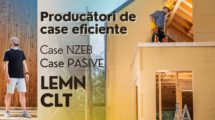


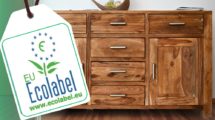



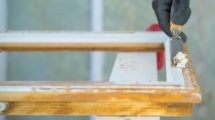

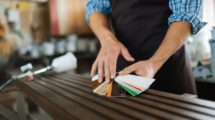
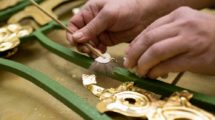



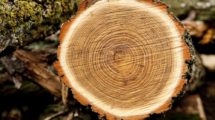



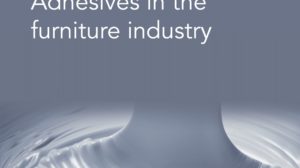
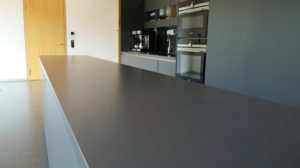

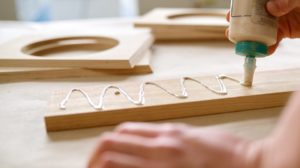
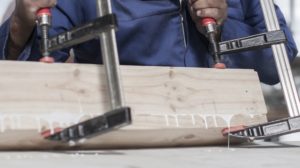
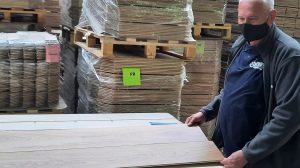
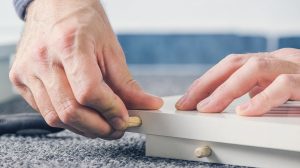
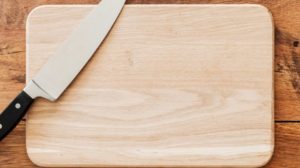
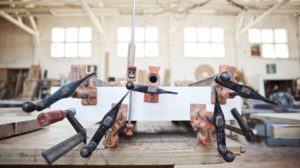

Add comment